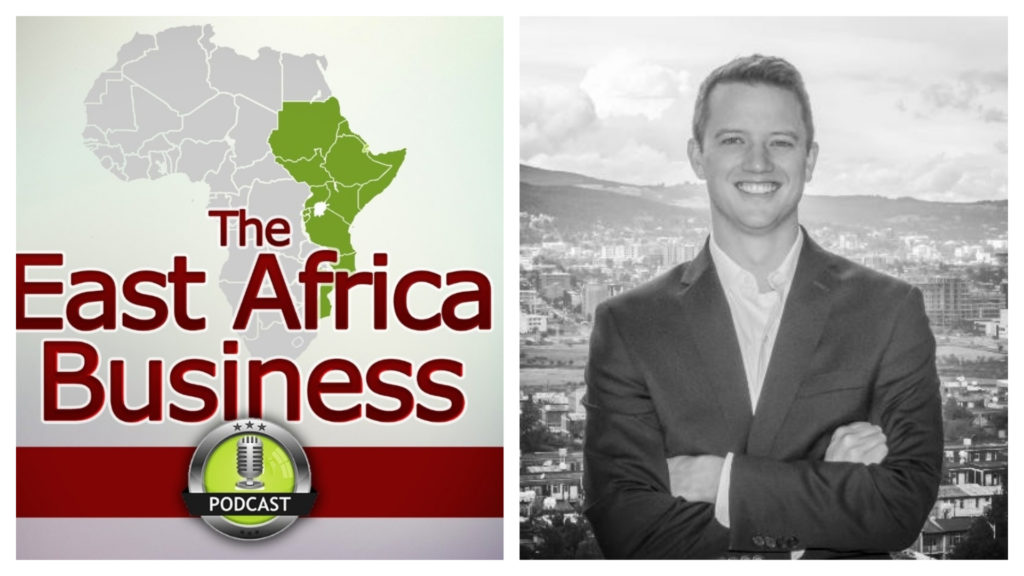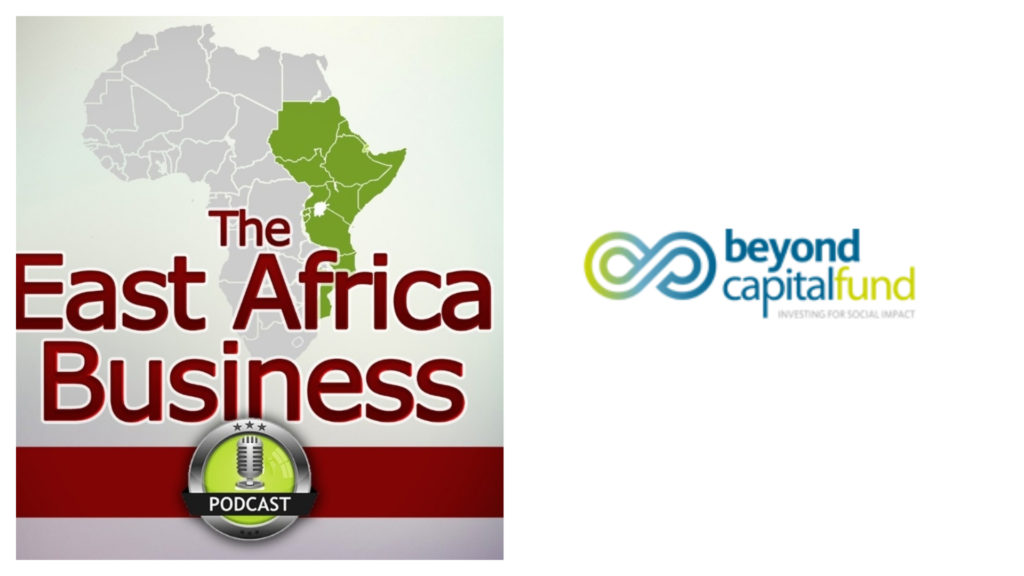Overview
This is an episode which I really hope you stick with.
As you’ll have seen from some of the other episodes, I find that often the “unsexy” aspects of doing business in East Africa are the most interesting and important.
Financial modelling is not necessarily top of most people’s lists to think about, however, in this episode, Sean Keough puts forward a pretty compelling argument why you should.
Sean has worked in Ethiopia for many years and has been building up businesses in the country which haven’t previously existed.
He began with advising other companies on their growth and found that it was difficult to forecast what the impact would be of different business decisions.
Entrepreneurs knew the ins and outs of their business, but couldn’t run through scenarios of how external factors affect their business, and as such were running blind, and also not having the rigour to attract foreign investment.
Long story short, Sean has now written a book which takes entrepreneurs through how to model their business.
It’s available on Amazon by searching for the somewhat cryptic title of “Financial Modelling in Developing Countries”. You’ll also find a link in the podcast description: Financial Modelling for Developing Countries
The interview also allows us to speak more about the nuance of doing business in Ethiopia, one which is fundamentally different to others in East Africa owing to its closed economy legacy.
There are tons of insights here around the different dimensions of working in Ethiopia, as well as the life aspect of running a business in the region.
For more episodes from Ethiopia search for Ride Hailing and Takeaways in the archives, but now, it’s my great pleasure to introduce Sean Keough.
Sign up below to hear whenever there are new stories and episodes released on the podcast
It all started trying to attract capital
Helping foreign investors to invest in Ethiopia. Not possible to answer questions on the business in a way to satisfy investors.
Sean works on different
90% with EQOS (Ethiopia’s first business outsourcing business)
10% with EIL (Ethiopia Investment Limited)
Entrepreneurs know the ins and outs of their business.
However, they had difficulty in giving answers to why certain decisions were being made.
Example of wheat processing.
The root of the issue comes from foreign reserve currencies.
Ethiopia is different
Because it’s been a closed economy since the early 2000s there are certain business practices that are unique to the country.
The foreign currency reserves are key
There were lots of infrastructure projects (dams, railroads etc.) which require the use of foreign currency because there isn’t enough local currency to fund the projects. As a result, the rate at which Ethiopian burr is traded with, say, USD is much higher.
12 step financial model
The book helps you build and maintain your financial model.
Sensitivity analysis is the most interesting
Starting there helps Sean explain to the entrepreneurs how something like switching from a local to international distribution will affect their margins. Power of your decisions that you didn’t have before.
Net working capital is key
Is much more expensive than elsewhere. These are big hits on the cash.
Why?
1. More inventory needed
2. International payment terms take longer
Scale my own business slower
We didn’t have the processes in place to build up that quickly. More patience is required.
Message to investors on delays
We thought it would take X, in fact, it took Y, here’s what we’re doing to rectify. We generally half the project profit and expand the timelines by 3-5 times.
Our investment philosophy
Build businesses that will generate cash flow rather than to exit.
What’s changed the life perspective?
Harder, you work, the harder you need to rest. Getting quiet, getting solitude is really important to avoid burnout. The most stressful aspect has been managing the people. They’re counting on you to make the right decision. This comes from having enough.
One for One on the book
For every copy sold on Amazon Sean will give it to an entrepreneur in East Africa.
Lessons & Insights
Biggest lesson: should have scaled outsourcing business more slowly
Biggest insight: Ethiopian currency dictates how businesses should be modelled
Memorable quotes: Insights from a financial model will help you dominate your market
Links etc
Book: Financial Modelling for Developing Countries
LinkedIn: Sean Keough
Other podcasts on Ethiopia: Ride Hailing ( Localised Uber version – Ethiopia ) Takeaways – Food E-commerce Platform ( Ethiopia )

